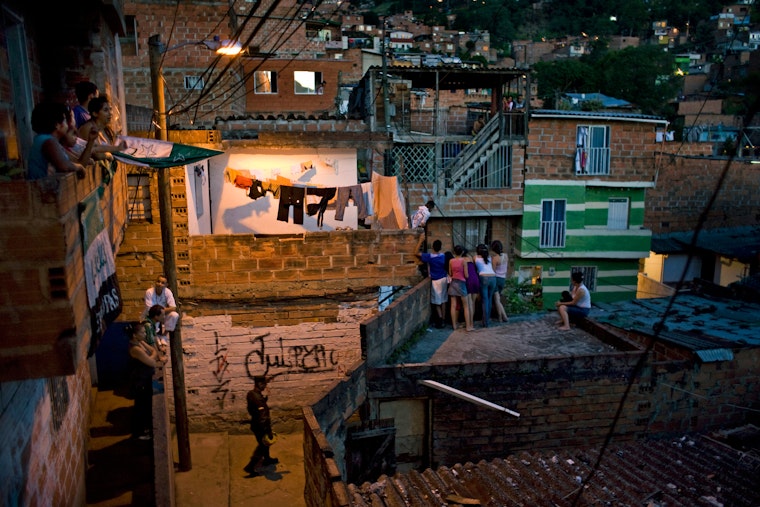Can Better Data Help Solve Latin America’s Homicide Problem?
By Pedro Abramovay

Latin America has the highest homicide rates of any region in the world. In 2012, the United Nations Office on Drugs and Crime reported [PDF] that although the region represents only eight percent of the world’s population, about 31 percent of global homicides took place in Latin America. That year, homicide rates in war-torn countries like Iraq (8 per 100,000 inhabitants) and Afghanistan (6.5) paled in comparison to those of established democracies in our hemisphere, such as Brazil (25.8), Colombia (30.8), and Mexico (21.5).
In fact, the absolute number of homicides in these three countries alone—some 90,815—comprised over one-fifth of all homicides globally (437,000). Other countries in the region such as El Salvador (41.2), Honduras (90.4), Guatemala (39.9), and Venezuela (53.7) also presented extremely high homicide rates, many times higher than the 10 murders per 100,000 people that the World Health Organization considers epidemic.
For too many Latin Americans, homicide is a normal part of life. Violence and insecurity, including the risk of being murdered, are seen as chronic conditions that cannot be changed. While the factors driving the region’s high homicide rates vary across countries, the presence of gangs and organized crime, access to firearms, ineffectual law enforcement and justice institutions, and economic inequality all contribute to high levels of violence.
The main victims of homicides are young men, often of color, living in low-income, marginalized communities. These families and communities are generally not positioned to influence government policy. As a result, reducing homicides has not become the urgent public policy priority it should be. Most murders in the region are never solved.
Governments’ ability to tackle high homicide rates across the region is hindered by serious problems with homicide data quality and comparability in the region. Accurate, high-quality data can help policymakers understand homicide dynamics and patterns, and guide effective public policy interventions. Such data can also be useful in efforts to assess policies designed to reduce homicides. Obtaining reliable data on homicides remains a challenge in much of Latin America, however.
In a given country—or even within countries—different government agencies might record homicide data using varying criteria, or even have different definitions of homicide as a cause of death. Variations in the categorization of police killings, involuntary manslaughter, or deaths caused by negligence or self-defense lead to significantly diverging approaches to collecting and classifying homicide data. The ability to accurately compare data across cities, states, and regions is important in evaluating the effectiveness of homicide reduction initiatives.
For that reason, the Open Society Foundations are working with several partners from civil society and public institutions in the region to improve homicide data quality and comparability. On September 7–9, together with the Colombian Attorney General’s Office, the Ministry of Justice, the Bogotá Chamber of Commerce, and the Laboratory for the Analyses of Violence at Rio de Janeiro University, we are cohosting the first Regional Conference on Homicide Data Quality in Latin America and the Caribbean in Bogotá, Colombia.
The conference will bring together relevant public institutions and civil society representatives from 12 countries in the region to address existing challenges in homicide data comparability. A key goal for the conference is to facilitate the adoption of a protocol for organizations and governmental entities to improve the quality of lethal violence data and the comparability of homicide information between countries.
In September, the United Nations member states will adopt the 2030 Agenda for Sustainable Development, which will include among its goals the promotion of peaceful and inclusive societies, and a commitment to significantly reduce all forms of violence. Latin America can contribute to this effort. Latin American countries may have some of the highest homicide rates in the world, but they also have significant, relevant experience with reducing homicide. They are well-positioned to become leaders in developing, implementing, and monitoring efforts to reduce violent deaths.
Improving homicide data quality and comparability between different countries in the region will not only contribute to national and local efforts to reduce homicides, but can also help increase accountability, transparency, and oversight of homicide reduction efforts globally.

Pedro Abramovay is vice president of Programs at the Open Society Foundations.


